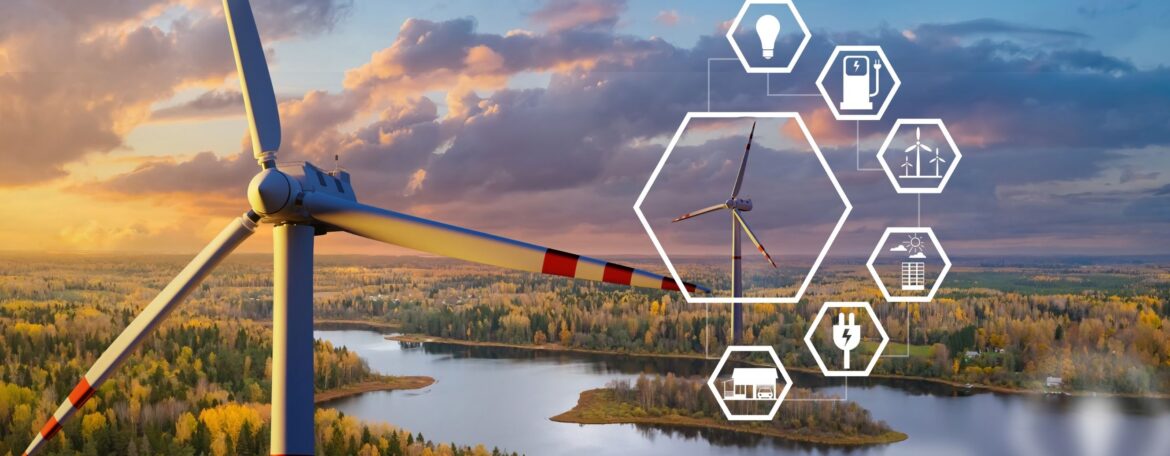Herein this article we delved into Global Energy Security, the definition and also its possible thread and furthermore strategies to enhance energy security.
Over the past decade, the global energy transition has faced growing complexities. While energy transition efforts have ramped up, they have been tempered by macroeconomic and geopolitical challenges since 2022. Governments globally are paying closer attention to the nuances of developing and utilizing renewable energy technologies. Ensuring energy security is crucial for countries to maintain their economic growth, political power, and social stability.
What is Global Energy Security?
Global energy security refers to the availability and access to energy resources necessary to support economic development, political stability, and social well-being.
It is the association between national security and the availability of natural resources for energy consumption (as opposed to household energy insecurity). Access to cheaper energy has become essential to the functioning of modern economies. However, the uneven distribution of energy supplies among countries has led to significant vulnerabilities. International energy relations have contributed to the globalization of the world leading to energy security and energy vulnerability at the same time.
Renewable resources and significant opportunities for energy efficiency and transitions exist over wide geographical areas, in contrast to other energy sources, which are concentrated in a limited number of countries. Rapid deployment of wind power and solar power and energy efficiency, and technological diversification of energy sources, would result in significant energy security.
READ: THE ROLE OF TECHNOLOGY IN OIL AND GAS INDUSTRY
Threats to global energy security
The modern world relies on a vast energy supply to fuel anything from transportation to communication, to security and health delivery systems. Energy plays an important role in the national security of any given country as a fuel to power the economic engine. Some sectors rely on energy more heavily than others; for example, the Department of Defense relies on petroleum for approximately 77% of its energy needs. Not every sector is as critical as the others. Some have greater importance to energy security.
some significant threats to global energy security:
- Political Instability: Conflicts, sanctions, and geopolitical tensions in energy-producing regions can disrupt supply and impact global energy security.
- Climate Change: Transitioning to low-carbon energy sources and adapting to climate-related disruptions, such as more frequent natural disasters, pose significant challenges.
- Cybersecurity Risks: Energy infrastructure is vulnerable to cyberattacks, which could compromise supply and disrupt critical infrastructure.
- Supply Chain Disruptions: Interruptions in energy trade and transportation, such as pipeline sabotage or shipping disruptions, can impact global energy security.
- Energy Poverty: Lack of access to modern energy services hinders economic development and exacerbates social and economic inequalities.
- Rising Demand: Increasing global energy demand, particularly in emerging economies, puts pressure on energy resources and infrastructure.
- Aging Infrastructure: Aging energy infrastructure, such as pipelines and power plants, requires significant investment to maintain and upgrade.
- Terrorism and Sabotage: Intentional attacks on energy infrastructure can disrupt supply and impact global energy security.
- Natural Disasters: Frequent and intense natural disasters, such as hurricanes and earthquakes, can damage energy infrastructure and disrupt supply.
- Geopolitical Competition: Competition for energy resources and influence can lead to tensions and conflicts, impacting global energy security.
strategies to enhance global energy security
By implementing these strategies, we can enhance global energy security, mitigate risks, and create a more sustainable and resilient energy future
- Diversification: Develop multiple energy sources and routes to reduce dependence on a single source or region.
- Energy Efficiency: Improve energy productivity and reduce waste through technologies and practices.
- Renewable Energy: Transition to solar, wind, hydro, and other low-carbon energy sources to reduce dependence on fossil fuels.
- Energy Storage: Develop technologies to store excess energy for later use, enhancing grid resilience and flexibility.
- International Cooperation: Collaborate on energy issues, share best practices, and develop joint energy projects.
- Investment in Infrastructure: Upgrade and expand energy infrastructure, including transmission lines, storage facilities, and refineries.
- Cybersecurity: Protect energy infrastructure from cyber threats through robust security measures and information sharing.
- Energy Trade: Promote free and fair energy trade, reducing barriers and increasing market access.
- Energy Research and Development: Continuously invest in R&D to improve energy technologies and address emerging challenges.
- Energy Policy and Regulation: Develop and implement effective energy policies, regulations, and standards to ensure a stable and predictable energy environment.
- Global Energy Governance: Strengthen international energy governance frameworks to address global energy security challenges.
- Energy Education and Training: Develop a skilled workforce and promote energy literacy to ensure effective energy management and innovation.

